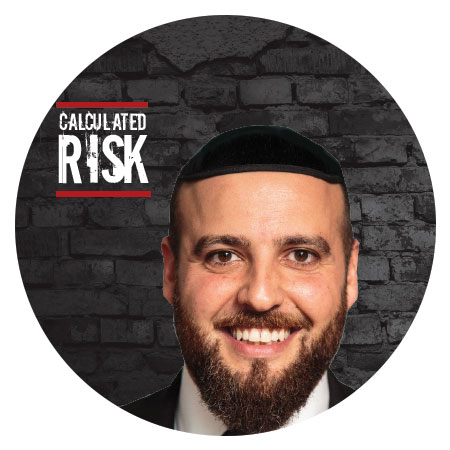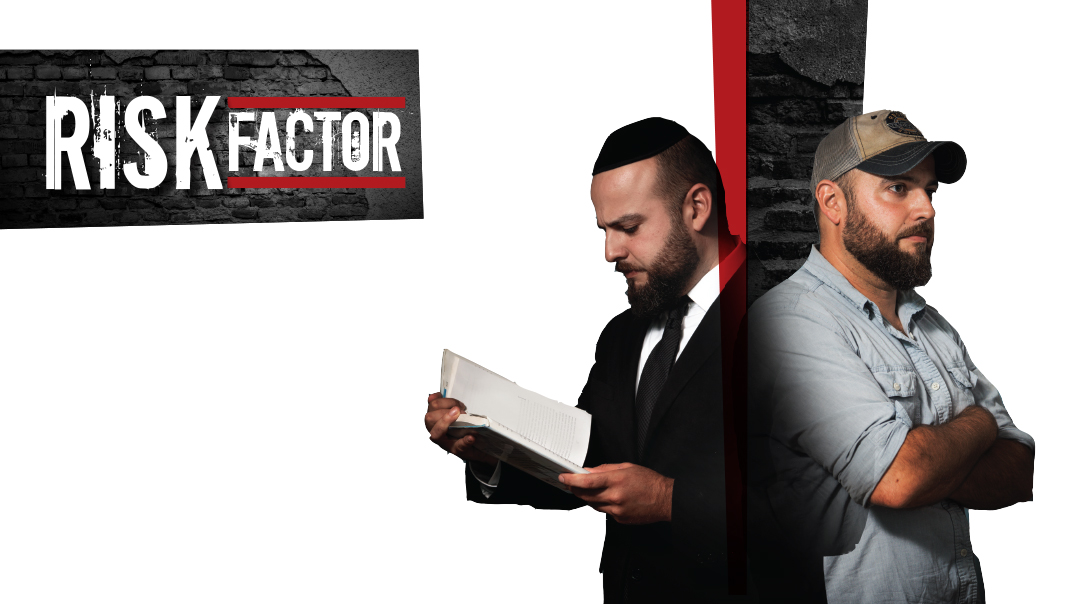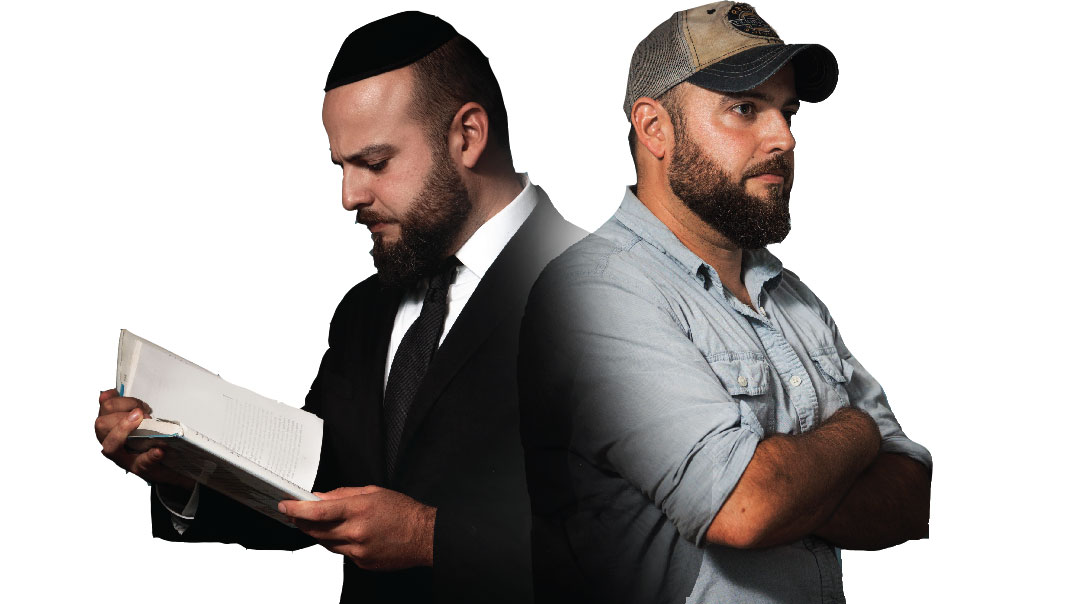Calculated Risk

Questions are honest, raw, and real. A question is a person being vulnerable

I love questions. Besides being the backbone and bedrock of our system of learning, questions are a window into a person’s soul. When people offer answers, they might be based on opinion, ego, or a distortion of reality. But a question is always based on an inner conflict. Questions are honest, raw, and real. A question is a person being vulnerable.
Question:
Hey Rabbi,
About a year ago I got a smartphone. It was filtered, but a friend showed me how to get around the filter. My parents never check my phone and I’ve been listening to and watching things that they would never approve of (to put it mildly). At first I thought I would just check stuff out for a little while and then I would stop, but it got out of control. For the past three months I’ve been trying to stop but nothing is working. By nature I’m very weak-willed and impulsive, I have no self-control. Whenever it pops into my head to watch stuff, it’s a lost cause, I know I’m going to end up doing it. I have literally tried everything and nothing has worked.
Can you tell me how to stop?
Avi
Answer:
Sometimes, the question that’s being asked is indicative of a more complex issue. That’s the case here. The question here is “how can I overcome a specific undesirable behavior,” in this case, inappropriate entertainment. But the behavior is not the true problem. The behavior is just a symptom of the underlying problem. Symptoms can sometimes be controlled, but they cannot be cured. Even if you succeed in eradicating a symptom, if you do not address the underlying disease, you’ll simply develop a different symptom. This will keep happening until the underlying issue is resolved. So someone who smokes cigarettes to relieve stress might be able to quit smoking, but they’ll replace that behavior with overeating, because the real problem – stress – is still there.
So what’s the underlying issue here? Avi gives us a clue when he tells us, so matter-of-factly and with such certainty, how “weak-willed” he is. Although this sounds very self-aware, this belief is actually what’s keeping him stuck in negative, undesirable behaviors. Since Avi keeps telling himself that he is worthless and weak and will never be happy and successful, he needs a distraction from such a miserable life. That’s why he’s turning to inappropriate entertainment.
That belief needs to be changed. How do we change it? Like learning a piece of Gemara, we challenge it. We could challenge it by asking Avi why he holds this belief, but that question makes it sound like he chose to believe it and will force him to defend his position. Instead let’s ask if it’s true. Avi, is it really true that you’re weak and helpless against this problem?
Whenever I ask this question, inevitably the answer is yes. Yes, I’m weak and helpless in the face of my problem. That answer is fine, because the next step in challenging the belief is asking, “How would your life be different if you didn’t allow this belief to be part of you?” Most people don’t even realize they have the option of changing their outlook until you give them a view of what life would look like if they did. With this question, we activate the secret weapon that makes us not only human, but great: we activate free will. This question shows Avi that he actually has a choice about what to believe.
This question shows Avi that the underlying problem is not the stuff he’s watching. The root of the problem is his belief that he is weak and worthless. The root of the problem is his inner dialogue. This question empowers him to change that inner dialogue.
Avi needs to try out some new ideas and beliefs. When a person just says the words “I am stronger than I know” or “I am stronger than my negative belief,” you can actually see a change in their body language and facial expression. Even that small change in self-dialogue impacts behavior. The more consistent you are with positive self-talk, the greater the impact it will have on your behavior.
People tend to accept their beliefs as facts. But that’s a mistake. We are stronger than we think. We are better than we think. We are greater than we think. We are as strong and great as we believe ourselves to be.
(Originally featured in Mishpacha, Issue 832)
Oops! We could not locate your form.









